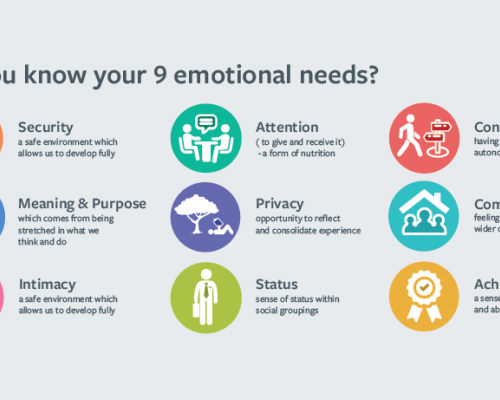When depression may be catching
PEOPLE who are vulnerable to depression tend to generate interpretations of stressful life events and low moods that have negative implications for their future and for their self-worth. Young people often learn this way of thinking from influential others, such as parents. But researchers from the University of Notre Dame in South Bend, Indiana, wondered whether this “cognitive vulnerability” could be even more contagious – for instance, during major life transitions, such as leaving home and a familiar social milieu to go to college.
They tested their hypothesis using data from 103 randomly assigned roommate pairs, all of whom had just started college as freshers and agreed to take part. Within one month of arriving on campus, the roommates completed an online questionnaire that included measures of cognitive vulnerability and depressive symptoms. They completed the same measures again three and six months later, along with a measure of stressful life events.
Results showed that freshers randomly assigned a roommate who had high levels of cognitive vulnerability were likely to ‘catch’ their roommate’s cognitive style and develop higher levels of cognitive vulnerability themselves; those assigned to roommates with low initial levels of cognitive vulnerability experienced decreases in their own levels. The contagion effect was evident at both three and six months. The changes also affected risk for future depressive symptoms: after six months, students whose cognitive vulnerability had increased in the first three months of college had nearly double the level of depressive symptoms of those who didn’t show such an increase.
The researchers comment, “Our study demonstrates that cognitive vulnerability has the potential to wax and wane over time, depending on the social context. This means that cognitive vulnerability should be thought of as plastic rather than immutable.” They suggest research is needed to determine the generalisability of the contagion effect, hypothesising, for instance, that it would apply to other life transitions, such as moving to a new city or entering a nursing home. But they also suspect that, given the relatively short amount of time in which cognitive vulnerability changed in their student study, the contagion effect may extend well beyond major life transitions.
“Indeed, we posit that a contagion effect may be detected even in a much more ubiquitous social context – a person’s social media network. Social media platforms such as Facebook and Twitter are changing the interpersonal landscape. … Social media networks may be particularly influential in altering cognitive vulnerability levels due to their increased activity during major life events. For example, deaths of high-profile figures, natural disasters, and other highly stressful events are among the most tweeted events of each year. These types of events are fodder for cognitive vulnerability. During these times, social media users are exposed to the cognitive reactions and coping strategies of potentially hundreds of people around the world.”
They do look on the upside, however, commenting that the contagious effect could itself be leveraged to help create resilience against depression. “Our findings suggest that it may be possible to use an individual’s social environment as part of the intervention process, either as a supplement to existing cognitive interventions or possibly as a stand-alone intervention.” In other words, spend more time with upbeat people.
Haeffel, G J and Hames, J L (2013). Cognitive vulnerability to depression can be contagious. Clinical Psychological Science, doi: 10.1177/2167702613485075
Latest Tweets:
Tweets by humangivensLatest News:
HG practitioner participates in global congress
HG practitioner Felicity Jaffrey, who lives and works in Egypt, received the extraordinary honour of being invited to speak at Egypt’s hugely prestigious Global Congress on Population, Health and Human Development (PHDC24) in Cairo in October.
SCoPEd - latest update
The six SCoPEd partners have published their latest update on the important work currently underway with regards to the SCoPEd framework implementation, governance and impact assessment.
Date posted: 14/02/2024















